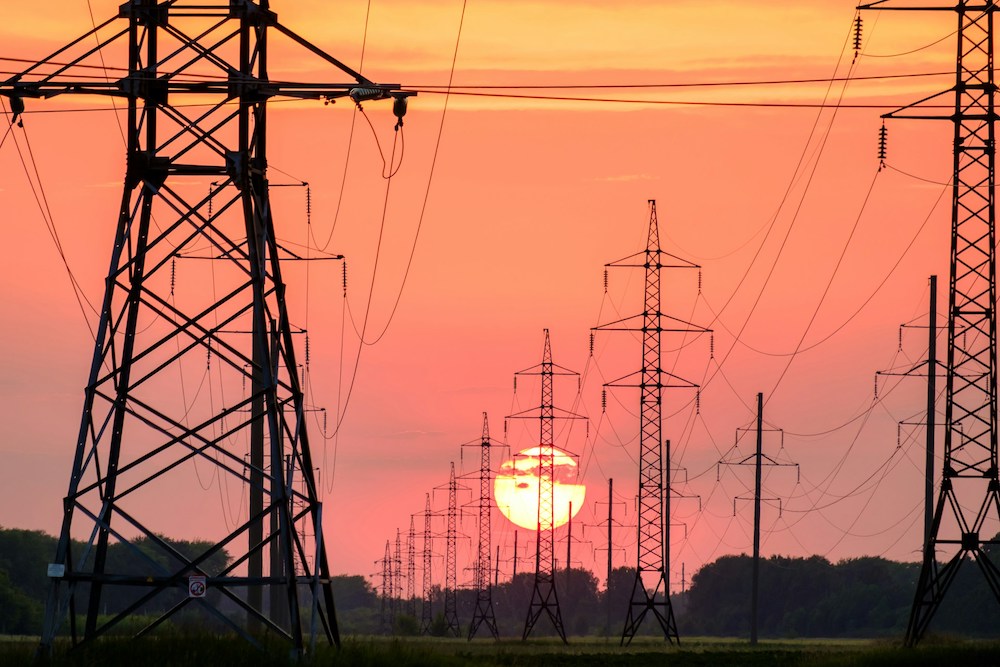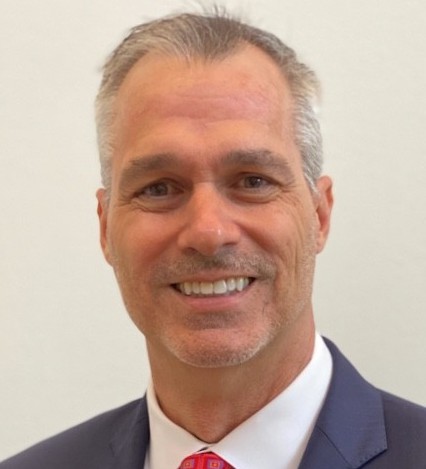
- Details
- By Tribal Business Marketing
- Sponsored Content
For decades, the cost of electricity for tribal facilities, homes and casinos has been steadily rising, even though the underlying cost of wholesale power hasn't changed much.
 Mike Bedley, Native American Utility Company | APEX Power Services Corporation
Mike Bedley, Native American Utility Company | APEX Power Services Corporation
This price hike is largely due to a growing number of fixed charges tacked onto bills by states. But for tribal nations with their unique legal status, a new option is emerging to bypass these charges and slash energy costs: tribal utility companies.
These tribal utility companies capitalize on the sovereign rights of federally recognized tribes. By operating under the Federal Energy Regulatory Commission (FERC) rulings, they can purchase electricity directly at wholesale rates, bypassing the traditional retail providers and the associated state-mandated charges. This approach offers significant cost savings for tribal entities, estimated to be as high as 20% on electricity bills.
A new tribally owned entity is helping tribes take advantage of the opportunity to forge a path toward energy independence and economic sovereignty. Little River Holdings LLC, the economic development arm of the Little River Band of Ottawa Indians in western Michigan, created Native American Utility Company (NAUC), a 100% tribal utility company, to help empower other tribal nations.
Tribal Business News spoke with energy expert Mike Bedley about how NAUC is helping Native American tribes achieve energy independence and economic sovereignty.
Let me start by asking who are the tribal executives that NAUC most often works with?
It would probably be any general manager, facilities manager, CFO — anybody that's responsible for the P&L associated with infrastructure, operations, and utility supply.
How do you help them lower their energy costs?
We set them up to buy power — and in a few cases, sell power — on the wholesale market, thereby eliminating the retail provider. We start by helping them set up a tribal utility on the tribe’s behalf and then help manage their buying power.
The key thing with this structure is that you become a wholesaler, and that offers the tribe a number of benefits and cost-savings. You eliminate state-mandated charges. You can access the grid, which allows you flexibility of buying power from other areas that aren’t necessarily the name that’s on your meter. You can wield power, you can hedge power, purchase 100% clean energy, and you can save a significant amount of money on your energy costs in the process because you are not buying as a retail customer anymore.
Don’t many tribes already have retail choices?
Actually, this is much different than retail choice. Retail choice means you have a choice of your commodity provider via your electric utility. With this structure, the tribal utility becomes a wholesale entity and has unrestricted access to multiple buyers on the wholesale market, including other utilities, incumbent utilities, independent power producers and others. You're eliminating a lot of costs, which we believe can save upwards of 20% on your current electric bill by forming this entity.
What’s the risk?
There is no downside missed risk with regard to the supply of power. The power will still be delivered by your current electric utility. The lines, the poles, the transmission, the delivery of that kilowatt will not change and still be provided by the regulated utility via federal regulation. All we’re doing is providing a higher level of cost efficiency and a higher level of tribal sovereignty. You become the wholesale entity and you just sub-meter within your tribe, the casino, or other tribal entities via software and simple meters.
How does this connect with tribes’ economic sovereignty?
What most of the tribes have learned and basically reiterated is that they can control their sovereignty by controlling costs into the future, understanding those costs in the future, and having unlimited access to have 100% sustainable energy today.
The approach is straightforward. Once the tribe has their entity — it could be, say, a tribal economic development organization — that could be the tribal utility. They work with a third-party supplier to bring in the power and manage the load. We orchestrate and manage all the administration associated with the tribal utility.
How long are these deals with NAUC?
We typically do a seven-year deal so we can get the tribe set up, help them manage their operations, and incorporate a lot of the skills and capacity-building into the tribe so they can take it over in the future. It’s a similar approach to what many of the tribes have used with casinos and other enterprises where they bring in outside experts initially and then transition to Native management and staff.
How does NAUC get paid?
We get paid through the energy savings the tribe achieves. And it may just be through a third party that pays us a fee, and you see the overall savings on your invoice monthly. We’re incentivized to help the tribe save money.
What are the other costs?
There are some minimal costs for metering software, but it’s really nominal in the scope of the savings.
How long does it take?
Typically, we can have tribes online in six to nine months. We help the tribes form their own tribal utility and set up all the administration, get all the necessary federal tariffs taken care of, and set all the procedures needed for the tribes to start buying power and, in some cases, selling power.
Can you do this in all states?
Absolutely. Some states will be more accelerated, such as California, which already has a standard tariff for this. Other states may be more complicated, such as the heavily regulated states that are mostly in the deep south and don’t have retail choice. So those states would probably be a tad more difficult, but that doesn’t eliminate NAUC or the tribe from setting up a tribal utility.
At the end of the day, when it comes to energy, it’s almost always a build or buy decision right? You make it sound like wholesale buying makes a lot of sense.
It does. There’s a lot of cost inefficiency that comes along with building your own power-generation: infrastructure costs, capital costs, labor costs, and pricing models. If we can save a tribe 10 to 20 percent, in most situations it makes more economic sense to buy rather than build.
Mike Bedley is managing partner and founder of APEX Power Services Corporation who brings 40 years of broad experience in the energy industry to his work with Little River Holdings’ tribally owned Native American Utility Company. He is recognized as an expert in the sector acting as an on-air TV/radio resource for The Associated Press, Nightly Business Report, CNN, national trade publications, and several newspapers including the USA Today. To reach Bedley, email him at or call him at 954-494-2739.